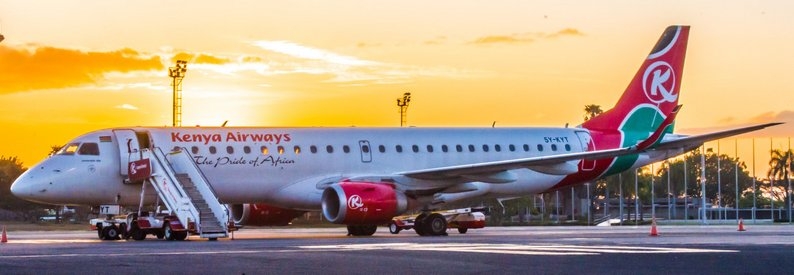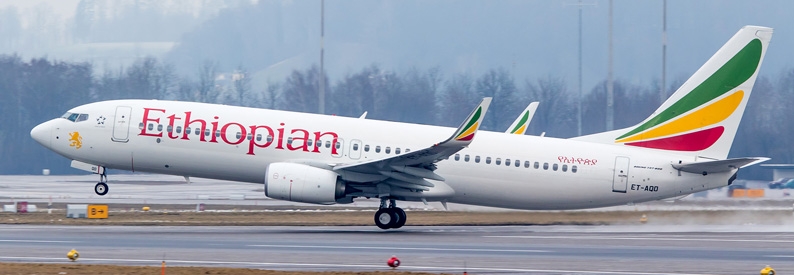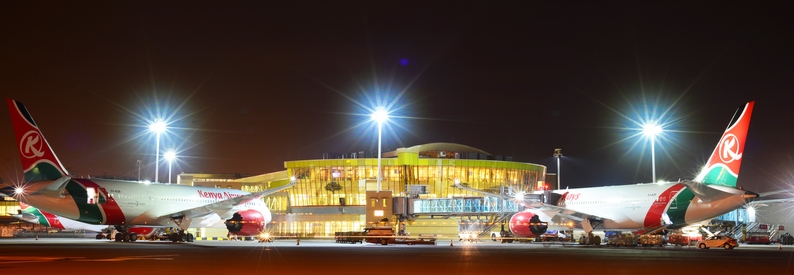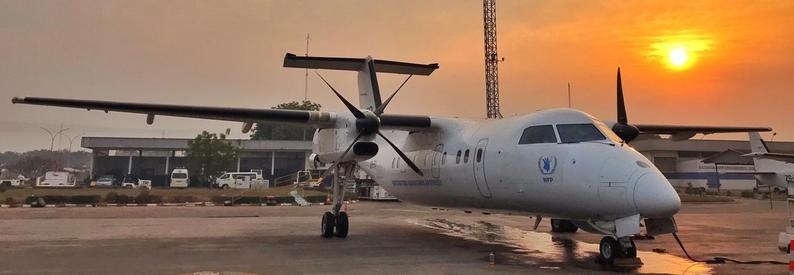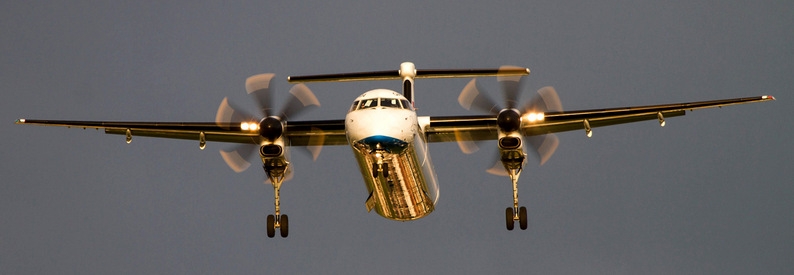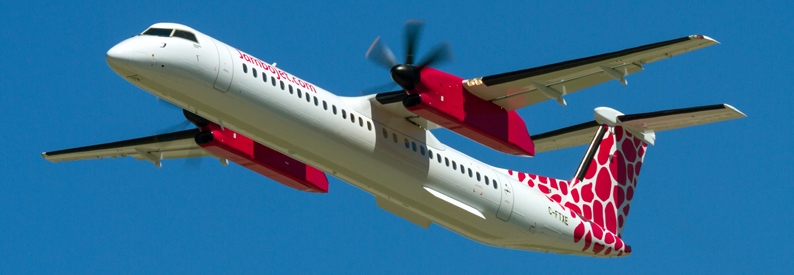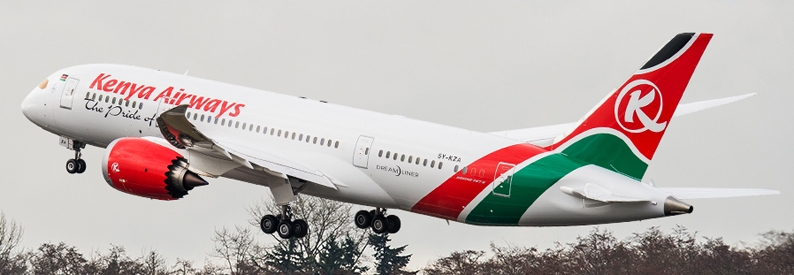Allan Kilavuka, group managing director and CEO at Kenya Airways, has defended the continued existence of the country’s national carrier, saying it remains a vital economic and strategic asset despite recent financial turbulence.
In a leader page article in The Standard newspaper on September 9, Kilavuka responded to critics who question the airline’s viability after it swung from a KES5.4 billion shilling (USD41.8 million) net profit in 2024 to a half-year loss of KES12.15 billion (USD94 million) in 2025.
He pointed out that post-COVID global supply chain disruptions delaying aircraft parts and deliveries, grounded aircraft due to prolonged maintenance schedules, and geopolitical shocks had hit all airlines globally, not just Kenya Airways.
He disclosed that three B787-8s grounded for engine overhauls had cut the airline's capacity by 20%, costing an estimated KES12.6 billion (USD97.5 million) in lost revenue over six months. The airline's fixed operational costs have remained unchanged, he added, including personnel costs, aircraft maintenance, depreciation, airport and airspace usage fees, catering, and ground services.
Kilavuka argued that Kenya Airways is pursuing reforms to ensure long-term sustainability, such as diversifying its revenue streams by expanding its maintenance, repair and overhaul (MRO) services, growing its cargo operations, and investing in future technologies through its innovation arm, Fahari Aviation.
He noted that Kenya Airways’ MRO facility is among few in Africa certified by the European Union Aviation Safety Agency (EASA), enabling it to service regional and international airlines including Uganda Airlines, Air Tanzania, RwandAir, FanJet, Astral Aviation, Jambojet, Precision Air, Air Peace, Mauritania Airlines, Air Botswana, and Air Burkina.
"KQ aims to double its cargo-derived revenue from 10% to 20%, capitalising on the surging demand for airfreight. Consequently, the airline has acquired two B737-800(SF) aircraft to bolster its ageing freighter fleet, with further additions planned."
Strategic alliances
The chief executive said that the airline contributes USD2.6 billion to Kenya’s GDP, sustains hundreds of thousands of jobs, and underpins Nairobi Jomo Kenyatta's role as a regional hub. He also noted Kenya Airways' crucial role for the country’s agribusiness and manufacturing exports, transporting goods worth over KES16 billion (USD124 million) in 2024.
"KQ has faced formidable turbulence. Yet its compass remains true, and with sustained strategic reforms, it shall continue to ascend," he promised.
Kilavuka reiterated that Kenya Airways continues to pursue strategic alliances in the belief that African airlines can thrive through strategic consolidation of aviation assets such as hubs, ground services, catering, hotels, and training centres.
"Across Africa - and globally - exemplary national carriers have flourished. A unifying trait among them is strategic consolidation: Nations that have consolidated critical aviation assets under a single flagship carrier have reaped economies of scale and operational resilience. These assets include hub airports, ground handling services, catering units, airport hotels, air navigation infrastructure, and aviation training centres. Revenues from these adjacent services provide vital ballast during periods of low passenger demand, sustaining overall enterprise viability," he said.
As previously reported, Kenya Airways continues to scout for suitable airline partners in Africa after South African Airways pulled out of a proposed pan-African alliance with the Kenyan carrier earlier this year.


